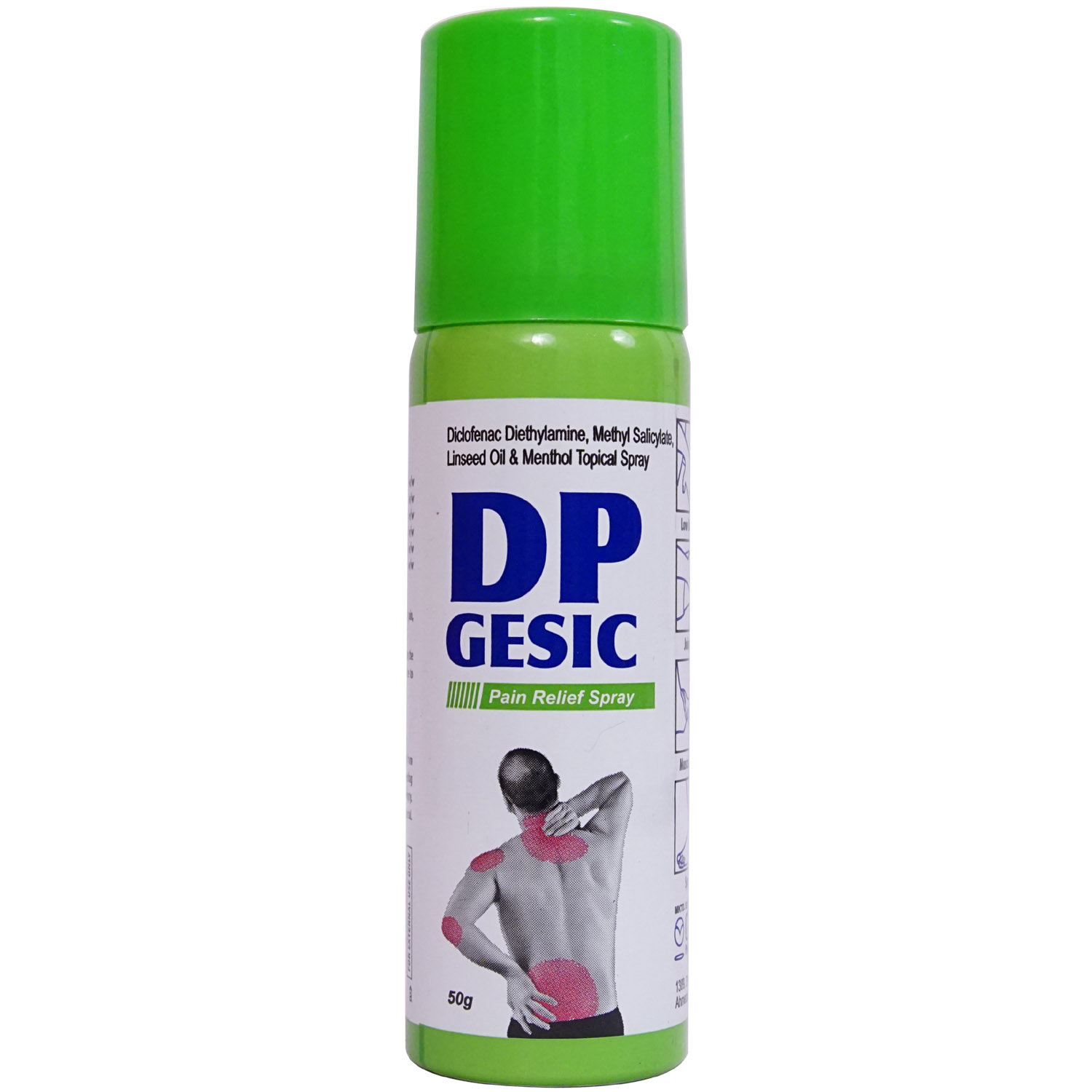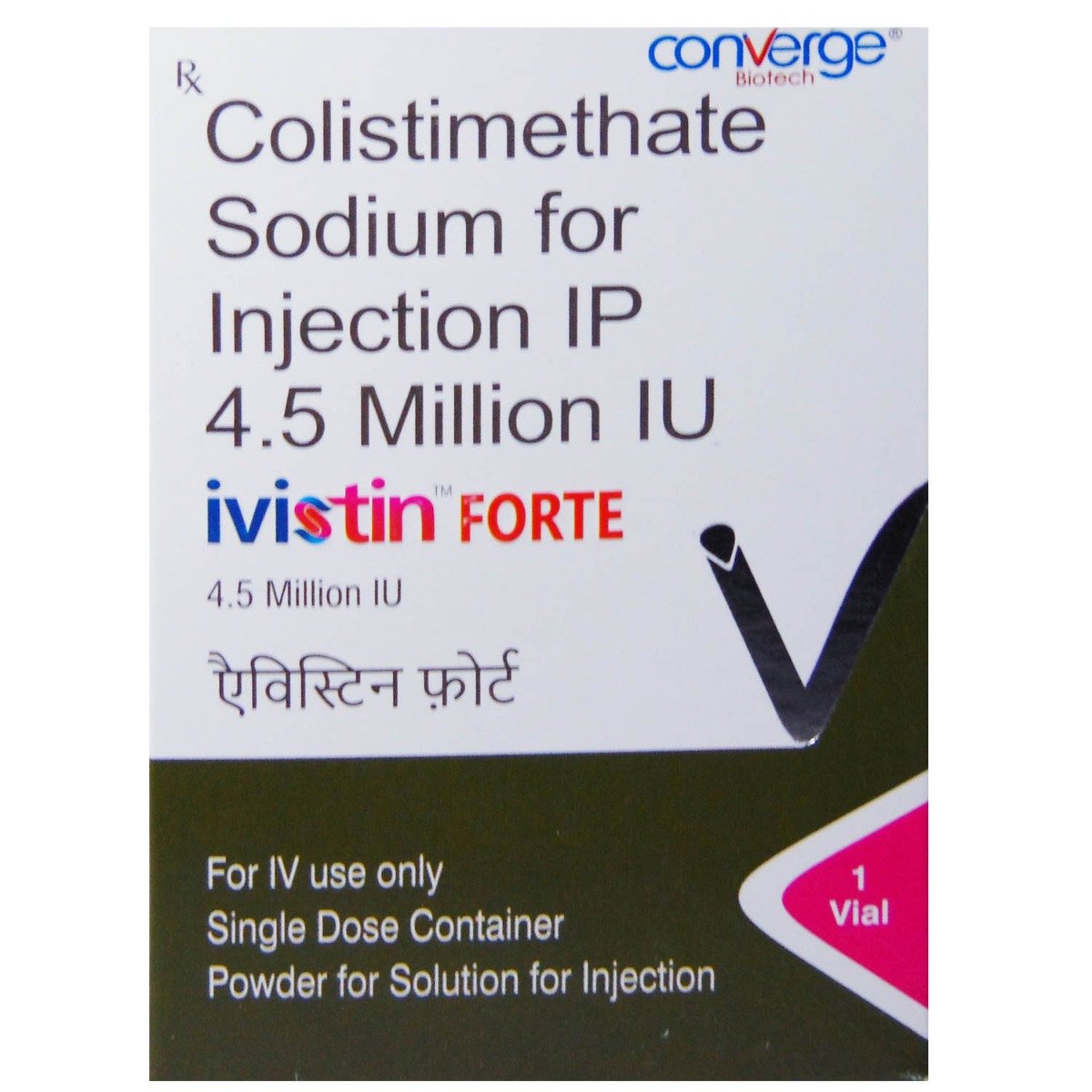Fluorescein Sodium
About Fluorescein Sodium
Fluorescein Sodium belongs to a class of medications known as diagnostic tools for particular eye tests such as Fluorescein angiography. Fluorescein angiography is a test that allows the blood vessels in the back of the eye to be photographed as a fluorescent dye is injected into the bloodstream.
Fluorescein Sodium contains the active ingredient fluorescein sodium, which works as a diagnostic stain. This will assist your doctor in the diagnosis of diseases that affect these blood vessels, especially in older people and diabetics.
It should be given by an experienced ophthalmologist in a clinic setup. In some cases, it may cause side effects like pain at the injection site, nausea, vomiting, redness and itching of the skin, discolouration (yellowing) of the skin and eyes, discolouration (yellowing) of the urine and abdominal discomfort. However, if these side effects persist or worsen your child's condition, inform your doctor immediately.
Before using the Fluorescein Sodium, please inform your doctor of your medical conditions, sensitivities, and all drugs you take. Other medications or supplements should not be combined with Fluorescein Sodium unless prescribed by a doctor. Before using Fluorescein Sodium, tell your doctor if you are pregnant or suspect you may be pregnant. Your doctor will determine whether or not to give you this medicine. Avoid breastfeeding for two days after receiving fluorescein sodium since it is excreted in breast milk. The angiography technique dilates the pupil. Patients must refrain from driving or using machinery until their eyesight is normal. Fluorescein Sodium should not be used in people under the age of 18.
Uses of Fluorescein Sodium
Medicinal Benefits
Fluorescein Sodium contains the active ingredient fluorescein sodium, which works as a diagnostic stain. This will assist your doctor in the diagnosis of diseases that affect these blood vessels, especially in elderly people and diabetics.
Directions for Use
Storage
Side Effects of Fluorescein Sodium
- Pain at the injection site
- Nausea
- Vomiting
- Redness and itching of the skin
- Discolouration (yellowing) of the skin and eyes
- Discolouration (yellowing) of the urine
- Abdominal discomfort
Drug Warnings
Before using the Fluorescein Sodium, please inform your doctor about all your medical conditions, sensitivities, and all drugs they are taking. Other drugs or supplements should not be combined with Fluorescein Sodium unless prescribed by a doctor. If significant allergic reactions occur during the initial angiography, any additional need for a fluorescein angiography must be carefully considered: the usefulness of the diagnosis must be evaluated against the risk of severe hypersensitivity, which can be fatal.
Drug Interactions
Drug-Drug Interactions: Fluorescein Sodium may interact with beta-blockers (e.g. atenolol, bisoprolol, metoprolol) and Medicines used to treat gout (e.g. probenecid).
Drug-Food Interactions: No interactions found/established.
Drug-Disease Interactions: Fluorescein Sodium may interact with disease conditions, including cardiovascular, pulmonary, and severe kidney disorders.
Drug-Drug Interactions Checker List:
Safety Advice

Alcohol
cautionConsumption of alcohol should be avoided.

Pregnancy
cautionBefore taking Fluorescein Sodium, tell your doctor if you are pregnant or suspect you may be pregnant. Your doctor will determine whether or not to give you this medicine.

Breast Feeding
cautionAvoid breastfeeding for two days after receiving fluorescein sodium since it is excreted in breast milk.

Driving
cautionThe angiography technique dilates the pupil. Patients must refrain from driving or using machinery until their eyesight is normal.

Liver
cautionLimited information is available about using Fluorescein Sodium in patients with liver disease. Inform your doctor before receiving the Fluorescein Sodium if you have a history of liver diseases/conditions. Your doctor will prescribe only if the benefits outweigh the risks.

Kidney
cautionInform your doctor before receiving the Fluorescein Sodium if you have a history of kidney diseases/conditions. Your doctor may adjust your dose depending on your current kidney conditions. If you are on kidney dialysis, your dose may be reduced to half the recommended dose.

Children
unsafeIt should not be used in people under the age of 18.
Habit Forming
Diet & Lifestyle Advise
- Always wash your hands before applying contact lenses.
- To prevent digital strain, look away every 20 minutes for 20 seconds at something 20 feet away.
- Reduce screen time. Avoid staring at digital screens for a long time.
- Avoid touching eyes with dirty hands as it might cause infection.
- It is advised to avoid contact with known allergens (allergy-causing agents) such as pollen, dust, etc.
- Use only scent-free detergents and soaps.
- Install an air purifier at home.
- Regularly vacuum and dust.
- Limit the carpets, curtains, soft toys and soft furnishings at home.
- Maintain personal hygiene and keep your surroundings clean.
Special Advise
- Regular eye check-ups are advised before and during the treatment if you have eye problems.
- Protect your eyes from bright light, especially when pupils are dilated.
- Fluorescein Sodium Injection may interfere with the findings of certain blood and urine tests performed within three days of the treatment. If you have urine testing, inform the doctor or nurse that you have had Fluorescein Sodium Injection.
Patients Concern
Disease/Condition Glossary
Diagnostic agents are the substances used to examine the eye to detect impairment of its normal functions.
FAQs
Fluorescein Sodium contains the active ingredient fluorescein sodium, which belongs to a class of medications known as diagnostic tools for particular eye tests such as Fluorescein angiography. Fluorescein angiography is a test that allows the blood vessels in the back of the eye to be photographed as a fluorescent dye is injected into the bloodstream. This will assist your doctor in the diagnosis of diseases that affect these blood vessels, especially in elderly people and diabetics.
If an X-ray procedure is performed within 36 hours of injection, the great visibility of particular organs, such as the kidneys, may cause misinterpretation of the results.
Fluorescein Sodium might cause blurred vision, which might last for several hours.









